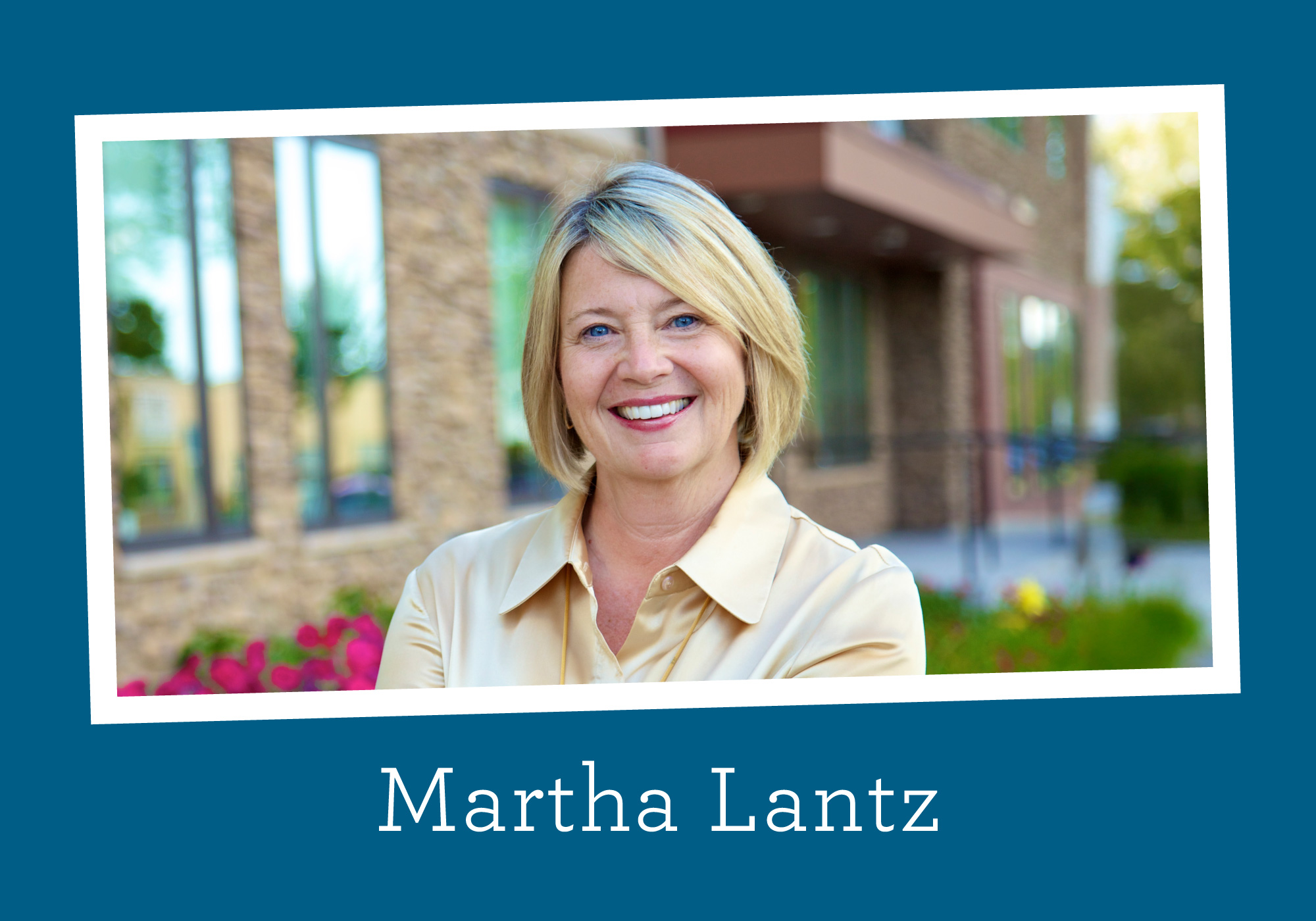Bridging the Gap – Why mental health care often overlooks people with IDD
As someone who has worked in the mental health arena in multiple states for nearly 40 years, I have a vast knowledge of our mental health systems, services, clientele, etc. I am pleased to see that mental health awareness and care are gaining widespread attention among the general population. What I am less pleased with is that mental health care for specific populations has not been adequately recognized or addressed. One such population includes individuals with Intellectual and Developmental Disabilities (IDD), who are experiencing mental health concerns.
The intersection between IDD and mental health is significant. Research has shown that people with intellectual and developmental disabilities are at higher risk of experiencing behavioral health conditions such as depression and anxiety. The research supports that between 39 and 52% of people with IDD – one to two million people nationwide – have a co-occurring psychiatric condition. Why is this information not known – and why was I not aware of it? Why does the mental health system(s) not have adequate (if any at all) resources for this population?
While we know many people with IDD have a co-occurring psychiatric condition, it can be difficult to precisely quantify this population because of inconsistent data collection. Estimates are believed to undercount the actual prevalence of mental health conditions among people with IDD. It is apparent that despite this demographic constituting a significant portion of our population, there is insufficient effort being directed towards addressing their mental health care needs.
There are a myriad of reasons why this population has been overlooked within the mental health system. Due to stigma, insufficient training among healthcare professionals and inadequate community support systems, individuals with intellectual and developmental disabilities who also have co-occurring mental health issues encounter significant barriers in accessing necessary mental health care services.
Stigmatizing attitudes from the public and health care professionals hinder access to mental health care for people with IDD. Misconceptions about the benefits of therapy and restrictive admission requirements based on I.Q. scores prevent them from receiving necessary care.
Health care providers lack training and expertise in working with people with IDD, which can lead to behavioral health challenges being overlooked or even misdiagnosed. Providers frequently concentrate on addressing the physical health and cognitive needs of individuals with IDD. Regrettably, their behavioral health challenges are often neglected. Many care systems for individuals with IDD concentrate on managing challenging behaviors, sometimes without addressing the possibility of underlying mental health or medical conditions as contributing factors.
Health care providers are expected to be knowledgeable, communicate effectively and dedicate adequate time to meet the needs of people with IDD and their caregivers. However, some providers do not meet these expectations. People with IDD often encounter mental health professionals who lack sufficient understanding of IDD and have limited training on addressing their needs and available treatment and support options. And people with IDD often encounter IDD professionals who lack sufficient understanding of mental health conditions and have limited training on addressing their needs and available treatment options.
The challenges people with co-occurring IDD and mental health challenges and their families face are complex and multi-faceted. Insufficient and uncoordinated services, a lack of collaboration among different agencies and poor communication create significant burdens on families and those with an IDD. The gaps in the IDD and in the mental health system further compound the problem by the lack of crisis, night and weekend services, limited choices of services and providers, and, as previously mentioned, inadequate specialized training for providers.
An individual with dual diagnoses may need behavioral support from the IDD sector and therapy from the mental health sector. However, the individual may not receive both services and supports to address their needs due to a lack of coordination between these two sectors. Therefore, it is crucial to have effective coordination and collaboration among healthcare systems and agencies to provide comprehensive, accessible and high-quality services to individuals with dual diagnoses and their families.
People with IDD face multiple, compounding barriers to accessing the appropriate mental health care for their needs, including stigma and a shortage of providers with experience and training in treating co-occurring IDD and mental health challenges, as well as a lack of appropriate and coordinating service options. Creating a system that includes an understanding of this population within the healthcare system, the development of high-quality assessment tools and trained mental health and IDD staff in co-occurring disorders, are all first steps in being able to work successfully with this population. Following these steps, we must create a recovery-focused service array that will not only address the needs of the individual but also address the needs of the caregivers, providers and staff.
Laura Baker Services Association has been invested in this population for over 125 years. I am thrilled that they are creating new ways to work with individuals who have an IDD as well as mental health concerns. They are creating new programs that work with individuals, their families and their care systems to help those with IDD and mental health concerns live fuller lives. They bring new offerings to the care systems so that those with many obstacles can thrive! Bravo, Laura Baker! Thanks for showing us the way forward.
 About the Author
About the Author
Martha W. Lantz MSW, MBA, founder of Lantz Healthcare Consulting, is a seasoned leader with proven experience in developing and implementing community-based initiatives that achieve positive results. She is experienced in the operation of successful non-profit organizations and governmental relations, and has a strong record of strategy formulation, program design, business development, systems thinking and evaluation of innovative, real-world solutions in the social service arena. She is a builder of successful collaborations and partnerships and has a passion for helping to create healing spaces within housing and landscaping projects, where neuroscience and architecture meet.
Prior to founding her consulting practice in 2017, Ms. Lantz held leadership positions with Touchstone Mental Health as Executive Director, the Human Services and Public Health Department of Hennepin County where she managed strategic planning and contracting for Behavior Health Services. In addition, she has held leadership roles at Family Networks, Inc., and DePelchin Center/Houston Child Guidance, as well as providing child and adolescent therapy services. She was also a founding member of Minnesota Community Healthcare Network.
Ms. Lantz holds a master’s degree in business administration from the Carlson School of Management University of Minnesota as well as a master’s degree in social work from the University of Houston. She received her bachelor’s degree in psychology from Southwestern University in Georgetown Texas.
